‘The Breakfast Club’: Exploring High School Stereotypes
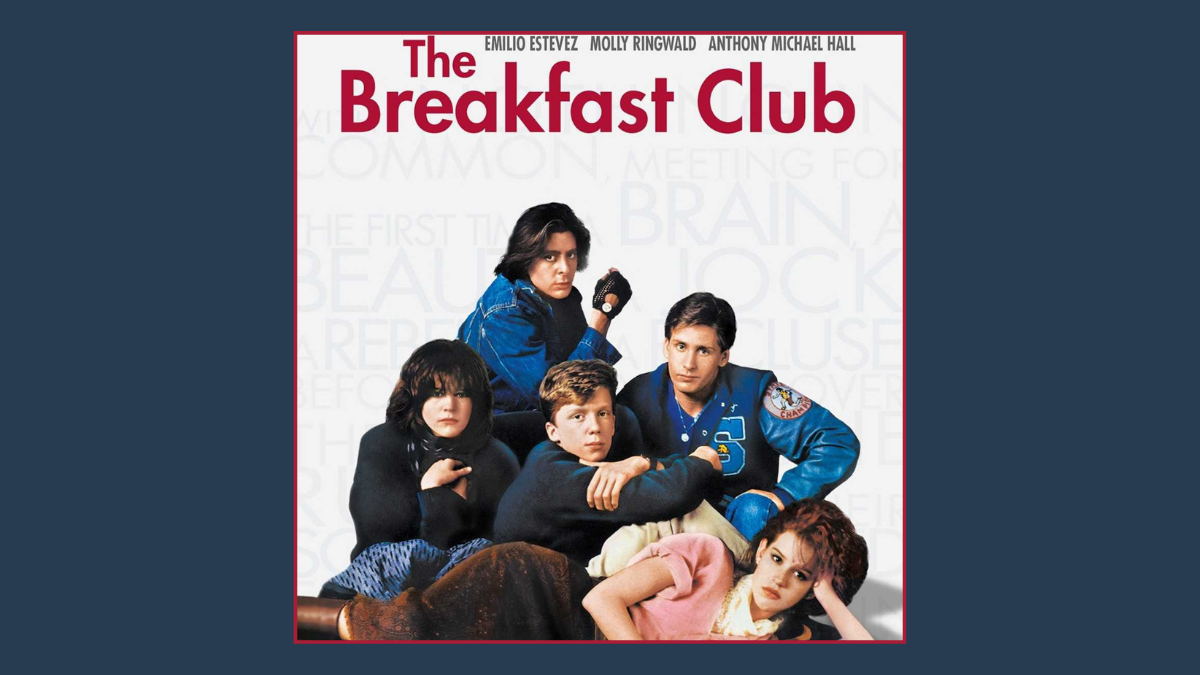
Released in 1985, John Hughes’ iconic film ‘The Breakfast Club’ remains a powerful exploration of teenage life and the various social dynamics within a high school. The movie brings together five distinct characters, each representing a different high school stereotype: the princess, the athlete, the criminal, the brain, and the basket case. Through their interactions during a Saturday detention, these characters reveal the complexities beneath their stereotypical facades. Here’s a deeper look at each character and what they represent.
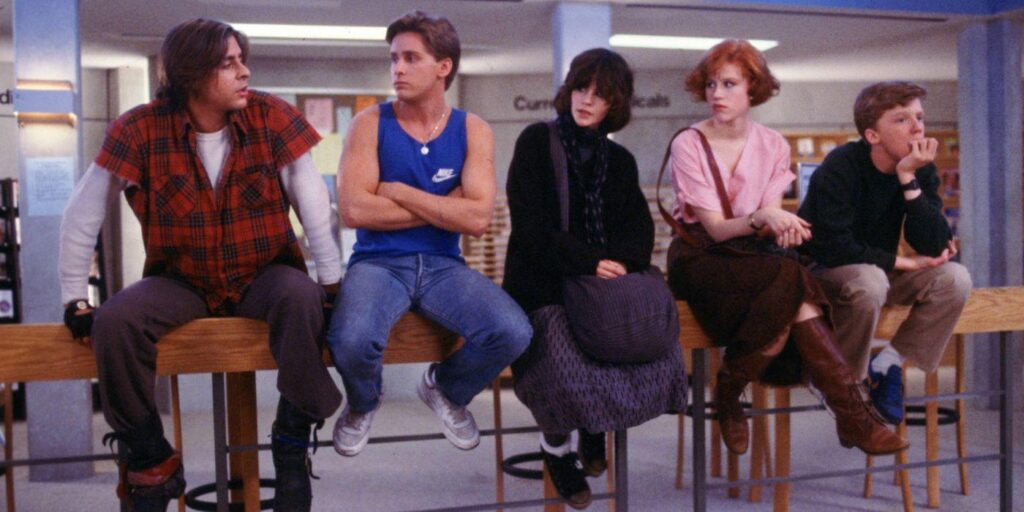
Claire Standish – The Princess
Claire Standish, portrayed by Molly Ringwald, epitomizes the ‘princess’ stereotype. She comes from a wealthy family and is concerned with maintaining her social status. At first, Claire appears superficial and snobbish, focusing on materialism and popularity. However, as the film progresses, it’s evident that she is struggling with parental pressure and the need to conform to societal expectations. Claire’s vulnerability is exposed when she admits to feeling trapped by her image and expresses a desire for genuine connection beyond her social circle.
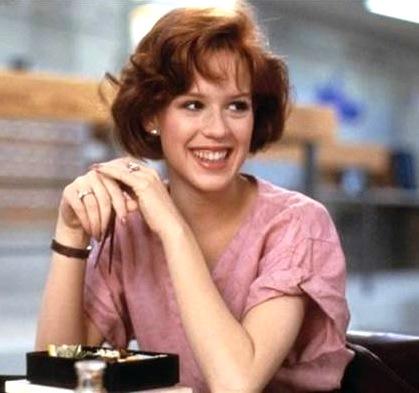
Andrew Clark – The Athlete
Emilio Estevez’s character, Andrew Clark, is the quintessential athlete. As a star wrestler, he is under immense pressure to live up to his father’s expectations and uphold his tough, competitive image. Andrew’s character delves into the psychological toll of striving for perfection and the fear of disappointing those who rely on his athletic prowess. His confession of bullying a weaker student to gain his father’s approval highlights his internal conflict and the emotional consequences of toxic masculinity.
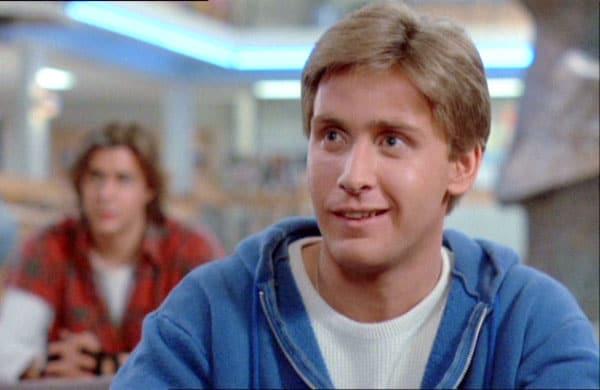
John Bender – The Criminal
John Bender, played by Judd Nelson, represents the ‘criminal’ or ‘rebel’ stereotype. Bender is confrontational, rude, and displays a tough exterior, often clashing with authority. His rebellious nature is a defense mechanism to shield himself from his abusive home life. Through his interactions with the other students, Bender’s softer, more vulnerable side emerges. He craves acceptance and understanding, and his abrasive behaviour masks deep-seated pain and a longing for genuine connection.
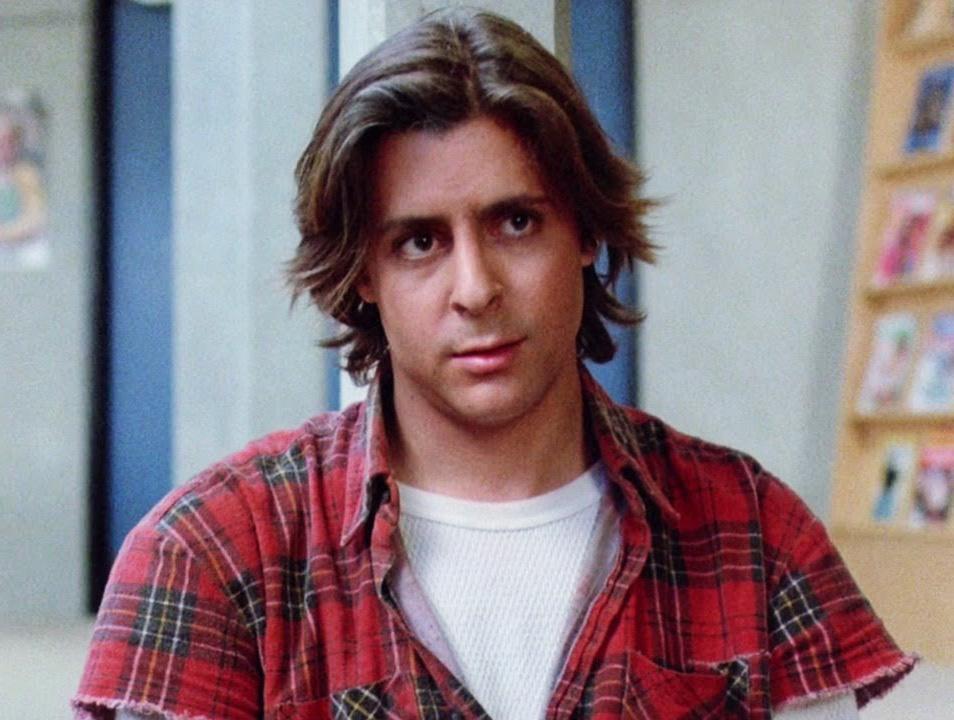
Brian Johnson – The Brain
Anthony Michael Hall’s character, Brian Johnson, is the ‘brain’ or the academic overachiever. Brian faces intense pressure to succeed academically, leading to crippling anxiety and feelings of inadequacy. His revelation about considering suicide due to a failing grade exposes the dark side of academic pressure and the unrealistic expectations placed on students. Brian’s character underscores the importance of addressing mental health issues and the often-overlooked struggles of those perceived as successful.
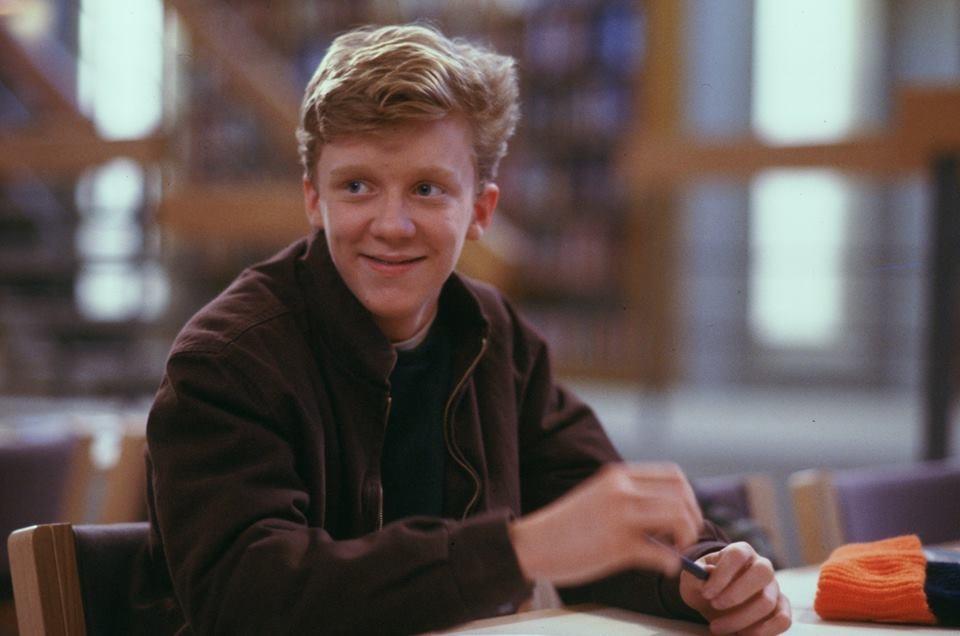
Allison Reynolds – The Basket Case
Ally Sheedy’s Allison Reynolds is the ‘basket case,’ characterized by her eccentric behaviour and withdrawn nature. Initially, Allison is an enigmatic figure, engaging in odd habits and avoiding interaction. As the group spends more time together, she opens up about her feelings of invisibility and neglect, revealing that her eccentricity is a cry for attention and a way to cope with her loneliness. Allison’s transformation, including her makeover by Claire, symbolizes her desire to be seen and accepted for who she truly is.
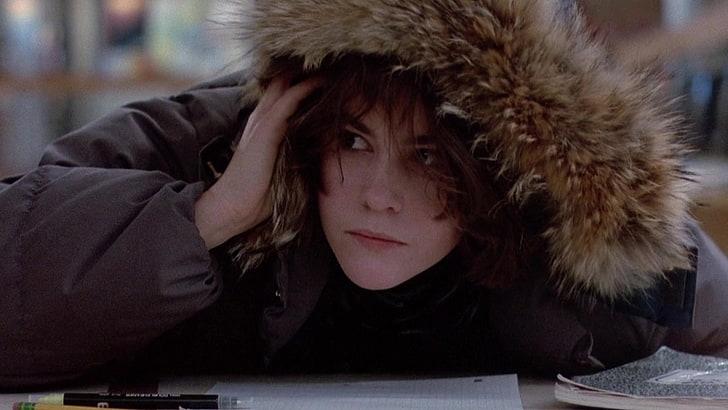
Breaking Stereotypes: The Real Message
‘The Breakfast Club’ masterfully deconstructs these high school stereotypes, showing that there is more to each character than meets the eye. The characters learn to see beyond their initial judgments and realize they share common struggles, despite their differences. This shared vulnerability fosters empathy and understanding, illustrating the importance of looking past superficial labels to understand the true complexities of individuals.
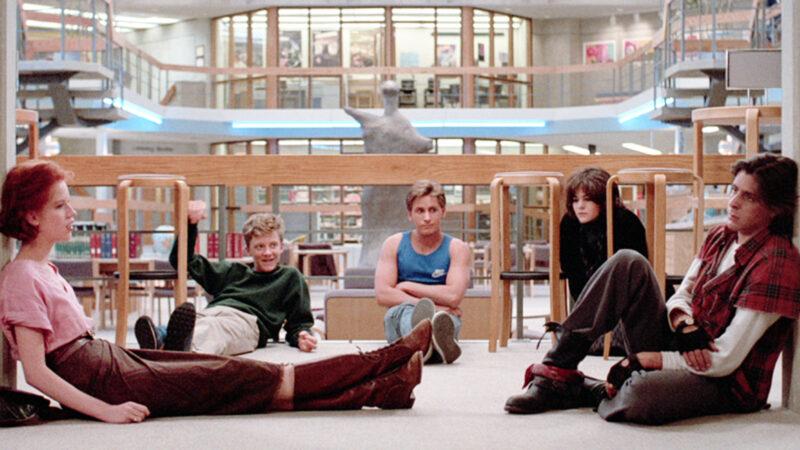
John Hughes’ ‘The Breakfast Club’ remains a timeless exploration of teenage angst, identity, and the pressures of conformity. By delving into the complexities of its main characters, the film challenges viewers to reflect on their own preconceptions and the societal pressures that shape behaviour. Ultimately, ‘The Breakfast Club’ encourages a deeper understanding of the diverse experiences that define the high school years, reminding us all that we are more than the labels we are given.
Also Read: ‘The Pick-up Artist’: Rediscover This Comedic Gem
–Silviya.Y








